How to pack a well-stocked travel emergency kit
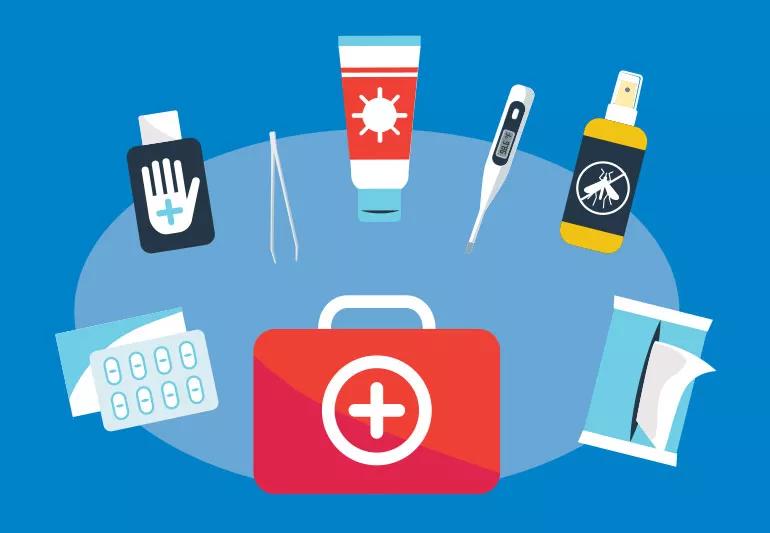
A first-aid kit is an important item to have when you travel, whether it’s across the state or the globe. When your doctor’s office is far away, having the right items with you is essential.
Advertisement
Cleveland Clinic is a non-profit academic medical center. Advertising on our site helps support our mission. We do not endorse non-Cleveland Clinic products or services. Policy
Family physician Neha Vyas, MD, weighs in on what to keep in your travel first-aid kit.
“Your first-aid kit should have what you need to take care of mild illnesses and injuries,” Dr. Vyas says. “This will include a variety of things, but you don’t need to take an entire medicine cabinet.”
First, get a small box or zip-up bag and clearly label it. Then, gather the items on this list, using travel or sample sizes when possible to save space. Here’s everything your first-aid kit should include so you’ll be prepared for any minor medical issue.
No travel emergency kit is complete without these basics:
Advertisement
Throw these things in your travel emergency kit to take care of skin mishaps:
No one likes an upset stomach — and it’s even worse when you’re away from home. Be ready for digestive troubles with these items:
Sniffles, sneezes and coughs are a bummer when you’re traveling. Pack these medications to help you feel better:
“Wherever you go, whether you’re traveling or just going about everyday life, remember to carry hand sanitizer and extra face masks to reduce the risk of spreading COVID-19,” Dr. Vyas says.
Choose straightforward, unscented hand sanitizer for the best results, and keep clean face masks on hand to swap in as needed.
Before your trip, see your primary care provider. Make sure you’re up to date on vaccines or other preventive healthcare.
“If you need refills for any prescription medications, now is the time to get them,” Dr. Vyas says. “Pack enough of your prescriptions for your entire trip and some extra in case you’re delayed coming home.”
Now that you’ve prepared your kit, make sure to use the medicines safely:
Advertisement
With a little planning and a good, strong zip-up bag, you can travel with peace of mind knowing that you’re prepared to handle the bumps and bruises (and headaches, stomachaches and sneezes) along the way.
Advertisement
Learn more about our editorial process.
Advertisement

Making a health plan with your doctor before you leave will make it easier to sit back and enjoy your flight

Among other benefits, a little time away can help make you more creative, decisive and focused

Setting realistic expectations and scheduling downtime can help reduce stress and make your time away more enjoyable

Dress baby in layers, gate-check your stroller and bring noise-canceling headphones
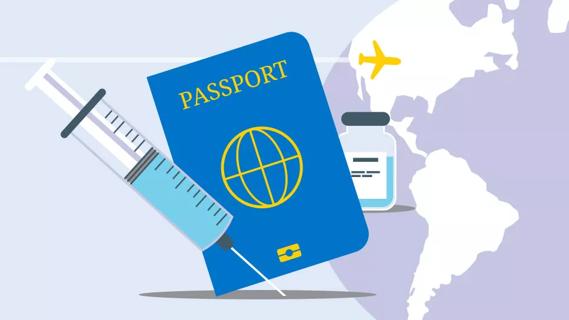
Plan early — getting the right vaccines can help you stay healthy on your travels
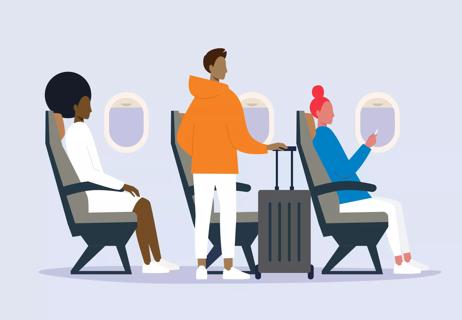
Flying can cause dehydration and bloating and make you feel tired and stressed
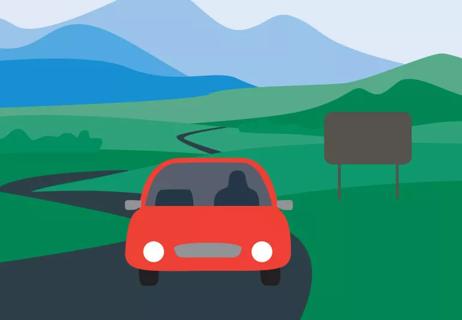
When the drive is familiar or monotonous, ‘procedural memory’ can take the wheel
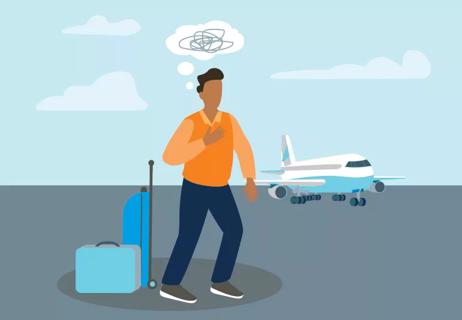
Create a checklist, reflect on your needs and ask for help when unexpected delays occur

Wearing a scarf, adjusting your outdoor activities and following your asthma treatment plan can help limit breathing problems

Your diet in the weeks, days and hours ahead of your race can power you to the finish line

When someone guilt trips you, they’re using emotionally manipulative behavior to try to get you to act a certain way